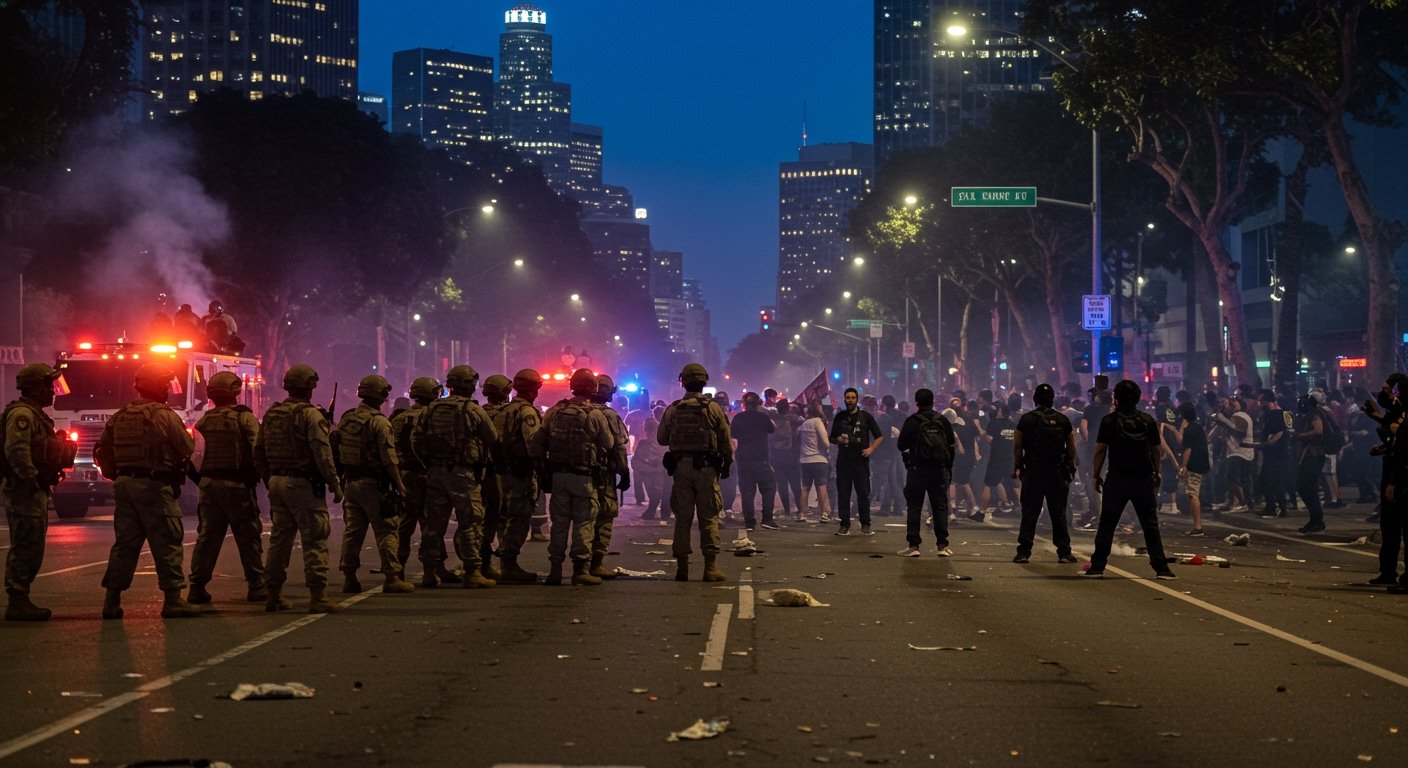Washington D.C. – Deep reductions in United States international aid funding are reportedly causing significant disruptions for major humanitarian organizations, with Catholic Relief Services (CRS) confirming staff layoffs and program shutdowns as a direct consequence.
The unfolding situation was highlighted in an editorial published on February 6, 2025, which drew attention to the potential impact of anticipated actions by the Trump administration on global aid efforts. The editorial pointed to news that emerged just a day earlier, in an exclusive report published on February 5, 2025, by Brian Roewe and Brian Fraga of the National Catholic Reporter.
Catholic Relief Services Grapples with Fallout
The National Catholic Reporter’s report detailed the immediate effects on Catholic Relief Services, a prominent international humanitarian agency. According to their findings, layoffs have already commenced at CRS, forcing the cessation of programs that rely on funding from the U.S. Agency for International Development (USAID).
USAID-funded initiatives constitute a substantial portion of CRS’s operational capacity, accounting for approximately half of the organization’s substantial $1.5 billion budget. The reduction in these funds necessitates difficult decisions regarding staffing and the continuation of vital aid projects around the world.
Confirmation of these developments came through an internal communication. An email reviewed by the National Catholic Reporter, sent on February 3, 2025, by CRS president and chief executive officer Sean Callahan to staff, detailed the gravity of the situation and the steps being taken in response to the funding cuts.
Uncertainty Shrouds USAID’s Future
The crisis at CRS is unfolding against a backdrop of broader uncertainty regarding the future of U.S. foreign policy and international development architecture, specifically the fate of USAID. The February 6, 2025, editorial mentioned claims suggesting an intent to fundamentally alter or even dismantle the agency.
The editorial cited Elon Musk, described as an “unelected and unaccountable ‘broligarch'” who allegedly holds significant sway over U.S. foreign policy considerations, as having claimed that former President Trump intended to shut down USAID entirely. Musk reportedly characterized the agency as “Marxist and a criminal organization.”
Such assertions, coupled with reports of personnel changes, have fueled speculation and concern within the international aid community about the future direction and structure of American global assistance.
Personnel Changes and Legal Questions
Adding to the climate of uncertainty, reports have emerged regarding personnel changes within USAID itself. Top officials at the agency have reportedly been fired, signaling potential shifts in leadership and strategic direction.
Simultaneously, questions are being raised about the legal feasibility of any potential move to dismantle USAID. The Congressional Research Service, a non-partisan public policy research institute that serves the United States Congress, reportedly raised legal questions on February 3, 2025, concerning the ability of the executive branch to dismantle the agency without explicit congressional approval.
USAID was established in 1961 by President John F. Kennedy by executive order to administer civilian foreign aid and development assistance. Its mandate and funding are typically overseen and appropriated by Congress, suggesting that any significant structural changes would likely require legislative action.
Potential Humanitarian and Geopolitical Impact
The potential reduction or redirection of U.S. international aid, particularly through deep cuts affecting organizations like Catholic Relief Services, carries significant implications for global humanitarian efforts. Such cuts can severely impact programs providing essential services such as emergency relief, food security, health care, education, and sustainable development in vulnerable regions worldwide.
Furthermore, a fundamental reshaping or dismantling of USAID could alter the landscape of international development and diplomacy, potentially diminishing U.S. influence and capacity to respond to global crises, address root causes of instability, and promote democratic values abroad.
Aid organizations and policy experts are closely monitoring the situation, expressing concerns about the potential human cost of reduced funding and the strategic consequences for U.S. foreign policy objectives. The February 6, 2025, editorial underscored the view that remaining silent in the face of these potential changes could be perceived as complicity in their consequences.
The situation at Catholic Relief Services, triggered by anticipated cuts to USAID funding, serves as a stark illustration of the immediate, tangible effects that shifts in U.S. international aid policy can have on the ground for organizations working to alleviate poverty and suffering worldwide. The coming months are expected to bring further clarity on the future of U.S. foreign aid and its impact on the global humanitarian landscape.












